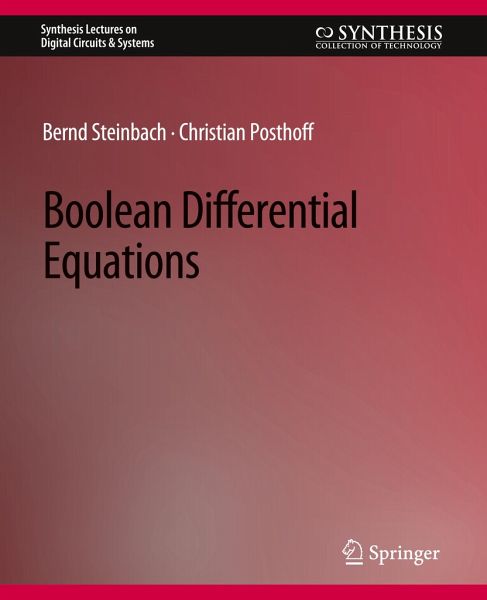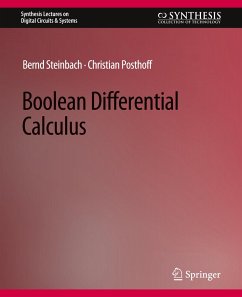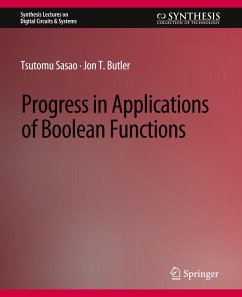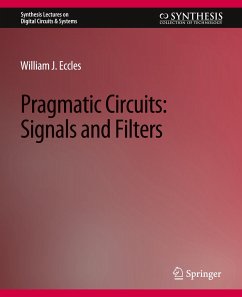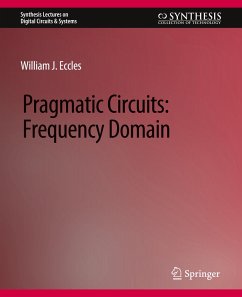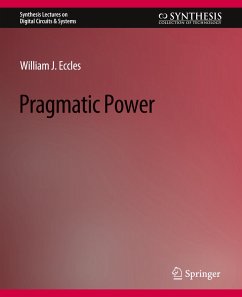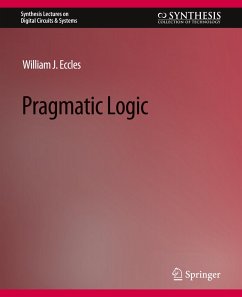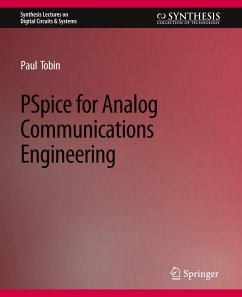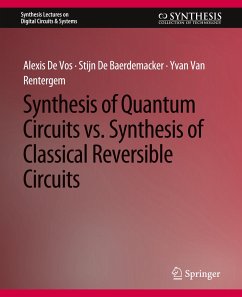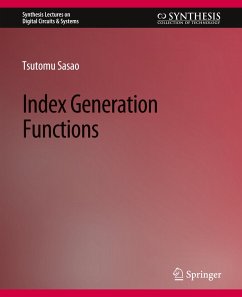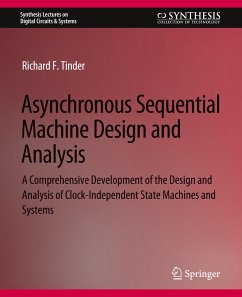From 1973-1977, Bernd Steinbach studied Information Technology at the University of Technology in Chemnitz (Germany) and graduated with an M.Sc.in 1977.He graduated with a Ph.D.and with a Dr. sc. techn. (Doctor scientiae technicarum) for his second doctoral thesis from the Faculty of Electrical Engineering of the Chemnitz University of Technology in 1981 and 1984, respectively. In 1991 Steinbach obtained the habilitation (Dr.-Ing. habil.) from the same Faculty. Topics of his theses involved Boolean equations, Boolean differential equations, and their application in the field of circuit design using efficient algorithms and data structures on computers. Steinbach worked in industry as an electrician, where he had tested professional controlling systems at the Niles Company. After his studies he taught as Assistant Lecturer at the Department of Information Technology of the Chemnitz University of Technology. As a research engineer he developed programs for test pattern generation for computer circuits at the company Robotron. He later returned to the Department of Information Technology of the Chemnitz University of Technology as Associate Professor for design automation in logic design. Since 1992 he has been a Full Professor of Computer Science/Software Engineering and Programming at the Freiberg University of Mining and Technology, Department of Computer Science. He has served as Head of the Department of Computer Science and Vice-Dean of the Faculty of Mathematics and Computer Science. His research areas include logic functions and equations and their application in many fields, such as Artificial Intelligence, UML-based testing of software, UML-based hardware/software co-design.He is the head of a group that developed the XBOOLE software system. He published three books in logic synthesis and more than 200 chapters in books, complete issues of journals, and papers in journals and proceedings. He has served as Program Chairman for the IEEE International Symposium on Multiple-Valued Logic (ISMVL), and as guested it or of the Journal of Multiple-Valued Logic and Soft Computing. He is the initiator and general chair of a biennial series of International Workshops on Boolean Problems (IWSBP) which started in 1994, with 10 workshops until now. He received the Barkhausen Award from the University of Technology Dresden in 1983. From 1963-1968, Christian Posthoff studied Mathematics at the University of Leipzig. His thesis was titled: ""Axiomatic Description of a Finite Class Calculus"" (Prof. Dr. Klaua). From 1968-1972, he worked as a programmer and in the field of Operations Research; simultaneously, he did his Ph.D. in 1975 with the thesis ""Application of Mathematical Methods in Communicative Psychotherapy."" In 1972, he joined the Department of Information Technology at the Chemnitz University of Technology; up to 1983, his research activities concentrated on logic design. His cooperation with B.Steinbach goes back to these days.Important results have been algorithms and programs for solving Boolean equations with a high number of variables and the Boolean Differential Calculus for the analytical treatment of different problems in the field of logic design. These results have been collected in a monograph Binary Dynamic Systems published simultaneously in Akademie-Verlag Berlin, Oldenbourg-Verlag Munich-Vienna and in the Soviet-Union, and allowed the habilitation (Dr.-Ing. habil.) at the Faculty of Electrical Engineering in 1979 and the promotion to Associate Professor. He wrote two textbooks at this time, aimed at a higher level in the theoretical and mathematical training of graduate engineers of information technology. About 1976, he started research activities in Artificial Intelligence. In 1983, Posthoff started as Full Professor of Computer Science inthe Department of Computer Science at the same university, with the aim of starting the program in Computer Science in 1984. In 1984, he became Head of the Institute of Theoretical Computer Science and Artificial Intelligence and Research Director of the Department of Computer Science. An independent direction of research activities within AI, investigations of computer chess and other strategic games, arose from his love for chess. His research activities concentrated on the application of fuzzy logic for the modeling of human-like ""thinking"" methods, the learning from examples, the construction of intelligent tutoring systems, the parallelization of inference mechanisms, systems of diagnosis and configuration. In cooperation with colleagues from different areas of mechanical engineering and medicine, he has been supervising the construction of several expert systems. He received the Scientific Award of the Chemnitz University of Technology four times. In 1994,he moved to the Chairof Computer Science at the University of The West Indies, St. Augustine, Trinidad & Tobago. From 1996-2002 he was Head of the Department of Mathematics & Computer Science. His main focus was the development of Computer Science education at the undergraduate and graduate level to attain international standard. In 2001, he received the Vice-Chancellor's Award of Excellence. He is the author or co-author of 15 books and many publications in journals and conference proceedings.
